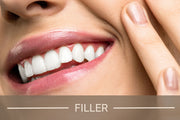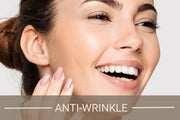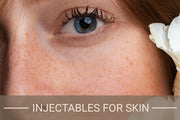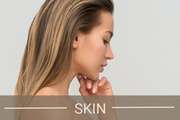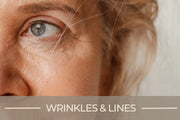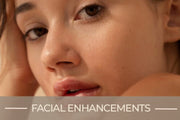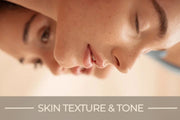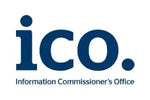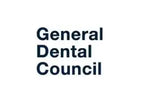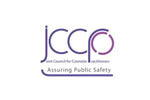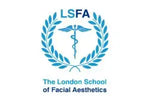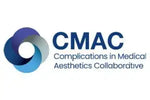How Soon After Botox Can I Apply Makeup?
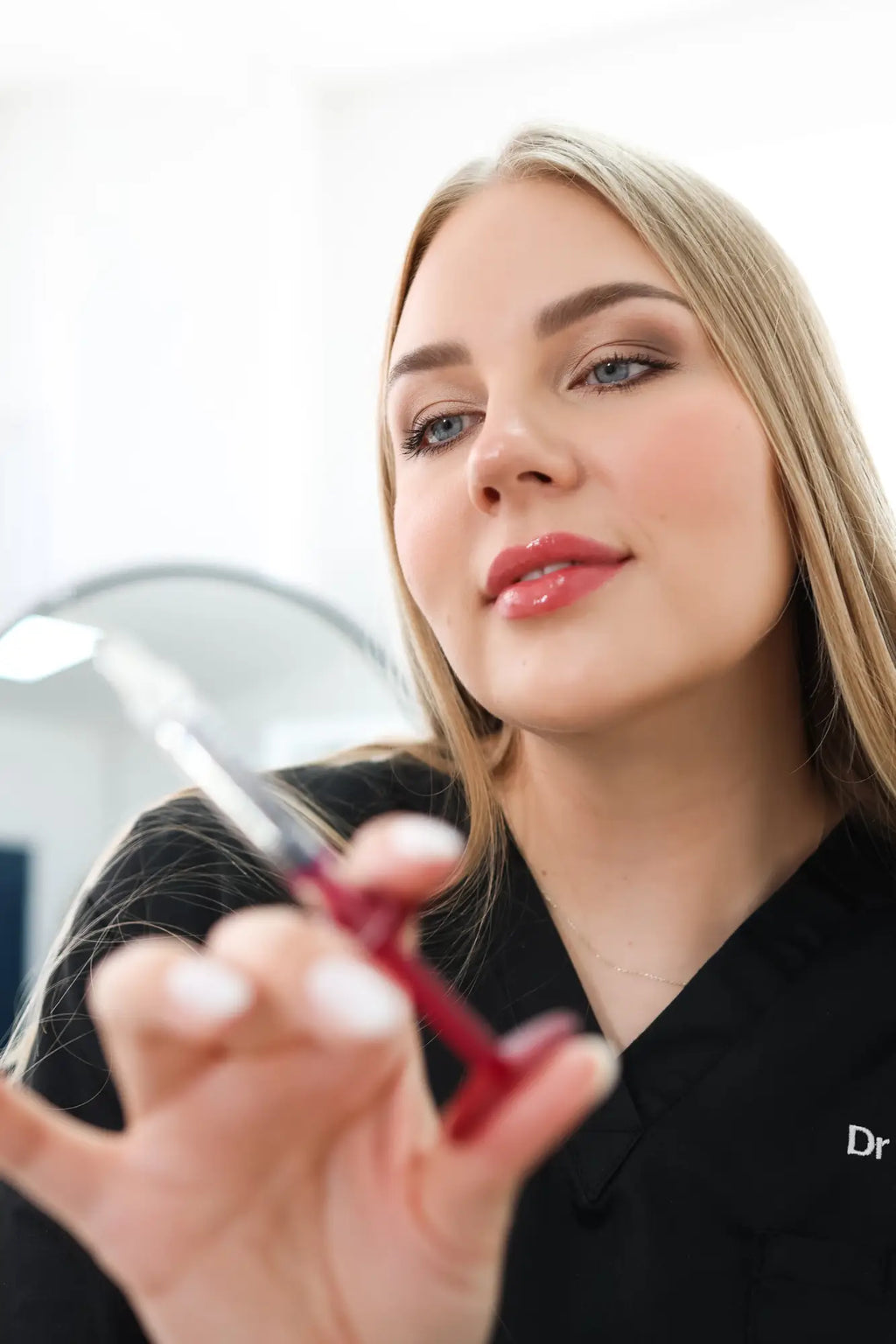
Content Verification



✨ Summary of Key Points ✨
- 💄 Wait at least 4 hours before applying makeup after Botox to let the product settle in.
- ⏳ No rubbing or massaging the treated areas to prevent Botox from moving.
- 🌞 Avoid direct sun exposure immediately after Botox to protect your skin.
💡 Key Advice and Tips from Our Experts
- 💧 Stay hydrated to promote healing and ensure long-lasting results.
- 🚫 Avoid strenuous activities for at least 24 hours post-treatment to ensure optimal results.
- 🌿 Maintain a healthy skincare routine to complement your Botox treatment and keep your skin looking radiant.
Botox treatments have become a popular solution for reducing wrinkles and achieving a more youthful appearance. However, aftercare plays a crucial role in ensuring optimal results and minimising potential side effects. One common question among those considering Botox injections is: How soon after Botox can I apply makeup? It’s essential to understand the timing and aftercare to avoid complications and preserve the effectiveness of your treatment. In this article, we will explore expert advice on the safe application of makeup following Botox anti-wrinkle injections, providing you with clear guidelines on when it’s appropriate to wear makeup after your procedure. By the end of this article, you’ll have all the information you need for safe, effective Botox aftercare.
Understanding Botox Treatments
Botox treatments have revolutionised the world of cosmetic procedures, providing a non-surgical solution to wrinkles and fine lines. These injections temporarily relax the muscles beneath the skin, smoothing out wrinkles and giving the face a more youthful appearance.
Botox Anti-Wrinkle Injections specifically target the underlying muscles that cause dynamic wrinkles, such as crow’s feet, forehead lines, and frown lines. By inhibiting nerve signals, Botox prevents the muscle contractions responsible for these wrinkles, resulting in smoother skin. The effects of Botox last several months, after which repeat treatments may be necessary to maintain the desired results.
As with any cosmetic procedure, proper aftercare is essential for achieving the best outcomes. This connects to the broader topic of Botox aftercare, where following the right guidelines can significantly impact the effectiveness of your Botox injections and minimise risks.
The Role of Botox Injections in Anti-Ageing and Wrinkle Treatments
Botox is widely regarded as one of the most effective anti-ageing solutions available today. By targeting the underlying muscles that contribute to facial wrinkles, Botox injections offer a non-invasive option for those seeking to reduce the visible signs of ageing without the need for surgery.
When used for wrinkles, Botox works by temporarily blocking the nerve signals that cause muscle contractions. This results in smoother skin and a reduction in the appearance of dynamic wrinkles, such as crow’s feet and frown lines. The benefits of Botox go beyond just aesthetic improvement—it can also help to restore a more youthful, refreshed appearance. Many people turn to Botox for its ability to provide natural-looking results with minimal downtime.
When Can You Apply Makeup After Botox Injections?
After receiving Botox injections, it’s essential to allow your skin to heal properly before applying makeup. Experts advise waiting at least 24 hours before using any makeup, as this helps to avoid interfering with the treatment's effectiveness and reduces the risk of complications.
Dr. Laura Geige, Medical Director and Senior Practitioner from It’s Me & You, emphasises the importance of allowing the Botox to settle into the muscles during the initial recovery period. "Applying makeup too soon can cause pressure on the treated areas and might affect the distribution of Botox, potentially compromising the results," she explains. Following her advice is crucial for preserving the benefits of the treatment.
The reason for waiting to apply makeup is that your skin is still adjusting after the injections, and any pressure or rubbing could potentially move the Botox away from the targeted muscles. Additionally, there may be slight swelling or redness in the treated areas, which can worsen with makeup application.
Why Should You Wait Before Wearing Makeup?
After Botox injections, your skin may be more sensitive than usual, making it crucial to wait before applying makeup. Dr. Snieguole Geige, Dentist, Medical Doctor, and Senior Adviser, explains, “The skin around the injection sites can be delicate following Botox treatments. Applying makeup too soon can lead to irritation or even affect the placement of the Botox, potentially altering the desired effects."
When makeup is applied immediately after Botox, the pressure from brushes, sponges, or fingers may disrupt the treatment areas. This can lead to uneven results, or worse, cause the Botox to migrate, affecting the smoothness of your skin. In some cases, applying makeup too soon can also cause redness, swelling, or even bruising, as your skin is still adjusting to the procedure.
Experts recommend waiting at least 24 hours before applying makeup, with some suggesting a slightly longer waiting period for those with more sensitive skin. Following this timeline allows your skin to heal properly and gives the Botox ample time to settle into the targeted muscles, ensuring that you achieve the best possible results from your treatment.
Proper Aftercare Post-Botox Treatments
Proper aftercare is vital for ensuring that you get the most from your Botox treatments and maintain the best possible results. Along with avoiding makeup application too soon, there are several other key practices to follow for a smooth recovery process.
Immediately after Botox injections, it’s important to avoid touching, rubbing, or massaging the treated areas. This prevents the Botox from moving to unintended areas, which could lead to uneven results. Dr. Snieguole Geige stresses, “Keeping the treated areas undisturbed is essential to prevent any complications and ensure that the Botox settles precisely where it's needed."
Moisturising is another crucial aspect of aftercare. Keeping the skin hydrated helps to promote healing and maintain a healthy appearance. Be sure to use a gentle, non-comedogenic moisturiser to avoid clogging the pores, as well as a sunscreen with SPF to protect your skin from UV damage.
Finally, keeping your skin clean is equally important. Gentle cleansing with mild products will help to prevent any irritation while ensuring that your skin remains free of bacteria. Avoid harsh exfoliants or anything that could cause additional sensitivity to your skin in the days following the treatment.
Can You Get Botox Injections in London and Still Wear Makeup?
Botox treatments are widely available in London, making it a popular destination for those seeking non-surgical solutions for wrinkles and signs of ageing. London boasts numerous reputable clinics offering Botox injections, with skilled practitioners who prioritise safety and optimal results.
If you're considering Botox, you can easily find clinics that offer Botox near me in London through online searches or by asking for recommendations from trusted sources. It's crucial to choose a licensed and experienced practitioner to ensure that your treatment is safe and effective. Many clinics also provide detailed aftercare instructions to guide you through the recovery process, including when it’s safe to apply makeup post-treatment.
Remember to take the time to research and select a clinic with excellent reviews and credentials. Consulting with a qualified practitioner in London will not only ensure you receive professional Botox injections but also offer personalised aftercare advice tailored to your individual needs.
How Botox Affects Your Skin and Makeup Application
Botox temporarily alters the way your skin and muscles interact, which plays a significant role in both the appearance of wrinkles and the way makeup should be applied after treatment. Botox works by blocking nerve signals that cause facial muscles to contract. This reduces the movement in areas such as the forehead, around the eyes, and between the brows, leading to smoother skin and a reduction in visible wrinkles.
However, the temporary paralysis of these muscles also affects the skin's natural movement. During the first few hours after Botox injections, the treated area remains sensitive as the Botox begins to take effect. This makes it particularly important to avoid makeup application, as applying pressure can disrupt the muscle relaxant’s precise placement, potentially causing uneven results or unwanted effects.
To achieve optimal results, it’s crucial to give your skin time to settle and allow the Botox to work without interference from makeup. Pressing, rubbing, or massaging the skin during makeup application can shift the Botox and compromise the smooth, youthful look you’ve achieved. Therefore, waiting for at least 24 hours before applying makeup ensures that your treatment remains effective.
Signs You Can Apply Makeup Safely
After Botox injections, it’s important to wait for clear signs that your skin has healed before applying makeup. These signs indicate that the Botox has settled into the muscles and the skin is no longer overly sensitive.
Dr. Giedre Narkiene, an accomplished dermatologist, advises that you can safely apply makeup when the treated areas are no longer swollen or red, and there are no signs of bruising. “Once the initial irritation has subsided and you no longer feel any tenderness in the injection sites, it’s generally a good time to resume your normal skincare routine, including makeup,” she explains.
Other signs that it’s safe to apply makeup include the absence of any lumps or bumps in the treated areas and feeling no discomfort when gently touching your skin. When these signs are present, typically 24 to 48 hours after treatment, you can begin to apply makeup carefully. However, if you experience any unusual reactions, it’s best to wait longer or consult with your practitioner for personalised advice.
Other Common Aftercare Tips Post-Botox
Following proper aftercare instructions can significantly enhance the results of your Botox treatments and ensure that the effects last as long as possible. Along with waiting to apply makeup, there are several other essential tips to consider for optimal recovery and results.
Firstly, avoid lying down or bending over for several hours after Botox injections. This prevents the Botox from potentially migrating to other areas of the face. It's also advisable to refrain from vigorous exercise or activities that may increase your heart rate, such as heavy lifting or intense cardio, for 24 hours post-treatment. This helps to reduce the risk of bruising or swelling and ensures the Botox stays in place.
Additionally, staying hydrated and maintaining a healthy diet can support your skin’s recovery and improve overall skin health. Dr. Giedre Narkiene recommends using a gentle skincare routine, avoiding harsh exfoliants or products with active ingredients, such as retinoids, for at least a few days following your treatment.
Finally, it’s important to avoid direct sun exposure. Protecting your skin with SPF is crucial to prevent UV damage, which can interfere with the healing process and potentially affect the Botox results. By following these lifestyle recommendations and avoiding certain activities, you can ensure a smooth recovery and the best possible outcome from your Botox injections.
The Bottom Line
In conclusion, waiting at least 24 to 48 hours before applying makeup after Botox treatments is crucial for optimal results. During this time, it's important to allow your skin to heal and the Botox to settle into the targeted muscles. Following proper aftercare guidelines, such as avoiding pressure on the treated areas and staying hydrated, can enhance your treatment outcomes. Always consult your practitioner for personalised advice on when it's safe to apply makeup and to ensure the best possible care for your skin post-Botox. Your safety and results are the top priority.
Disclaimer: This article is for informational purposes only. Always seek independent medical advice from your doctor or healthcare provider before making any decisions.
